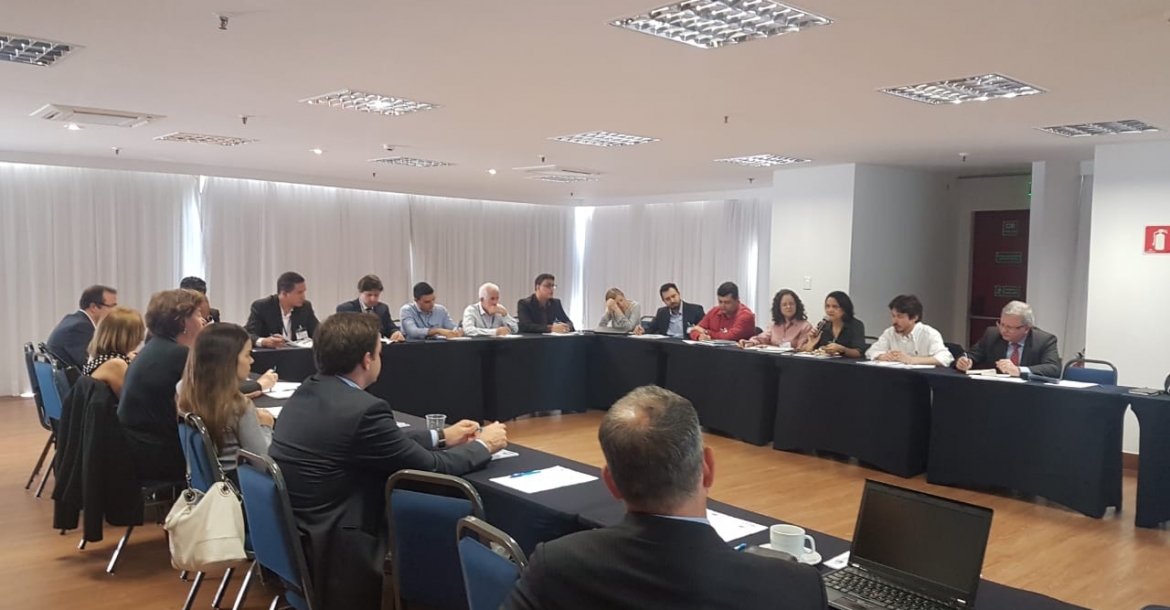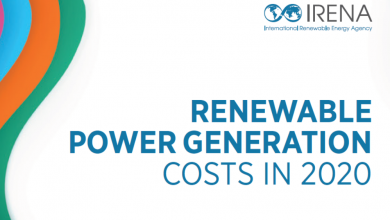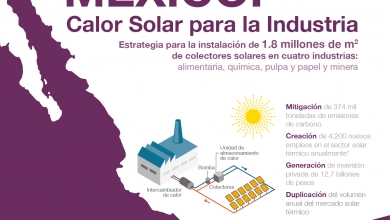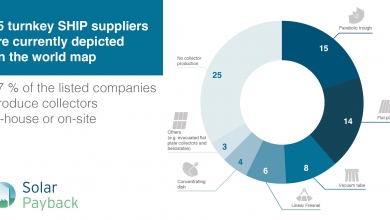Stakeholder meeting to discuss barriers and support measures

In order to discuss barriers to market adoption of industrial solar heat and opportunities to increase it, the Solar Payback partners in Brazil invited representatives from industry associations, universities, government ministries, development banks and the solar thermal sector to the capital, Brasilia, on 23 May. “What´s missing to foster the uptake of solar heat in the industry?” was one of the key questions during the half-day workshop organised by ABRASOL (Brazilian Solar Thermal Energy Association) and German-Brazilian Chamber of Commerce and Industry (GCCI).
Despite the high potential for SHIP technologies in Brazil, there have hardly been any efforts to build systems for industrial clients. “Currently, solar thermal technologies are mainly used in Brazil’s industry to heat changing rooms and canteens,” said Professor Elizabeth Duarte Pereira, who works at the university in Belo Horizonte, and called for a dedicated strategy to generate interest in industrial solar heat applications. She also criticised the focus on the electric power sector when it comes to promotion measures of energy efficiency. In addition, small and medium enterprises (SMEs), the backbone of the country’s industrial sector, had found it difficult to obtain funding from government programmes and development banks.
“We need credit lines that include SHIP technologies and target SMEs,” said Rafael Campos, President of the Brazilian solar thermal industry association Abrasol, one of the partners to Solar Payback.
The attendees supported the recommendation made in the Solar Heat for Industry study to set up a heat efficiency programme similar to the Programa de Eficiência Energética (PEE), which the Agência Nacional de Energia Elétrica established in the electricity sector. The scheme, which would be managed by the Agência Nacional do Petróleo, Gás Natural e Biocombustíveis, was thought to be an effective tool to stimulate the SHIP market. In the electricity sector PEE stipulates that electricity suppliers must invest 0.5 % of their net turnover in energy efficiency measures. In accordance, fossil fuel suppliers could be obliged to fund a heat efficiency programme.
The attendees also agreed that considerable effort is needed to communicate the benefits of SHIP technologies to potential customers in industry, as most beverage, food, leather and textile companies had not yet been made sufficiently aware of their solar thermal options in production. The next item on Solar Payback’s agenda, a free-of-charge conference to be held in Portuguese during the Intersolar South America, is hoped to rectify the situation.



